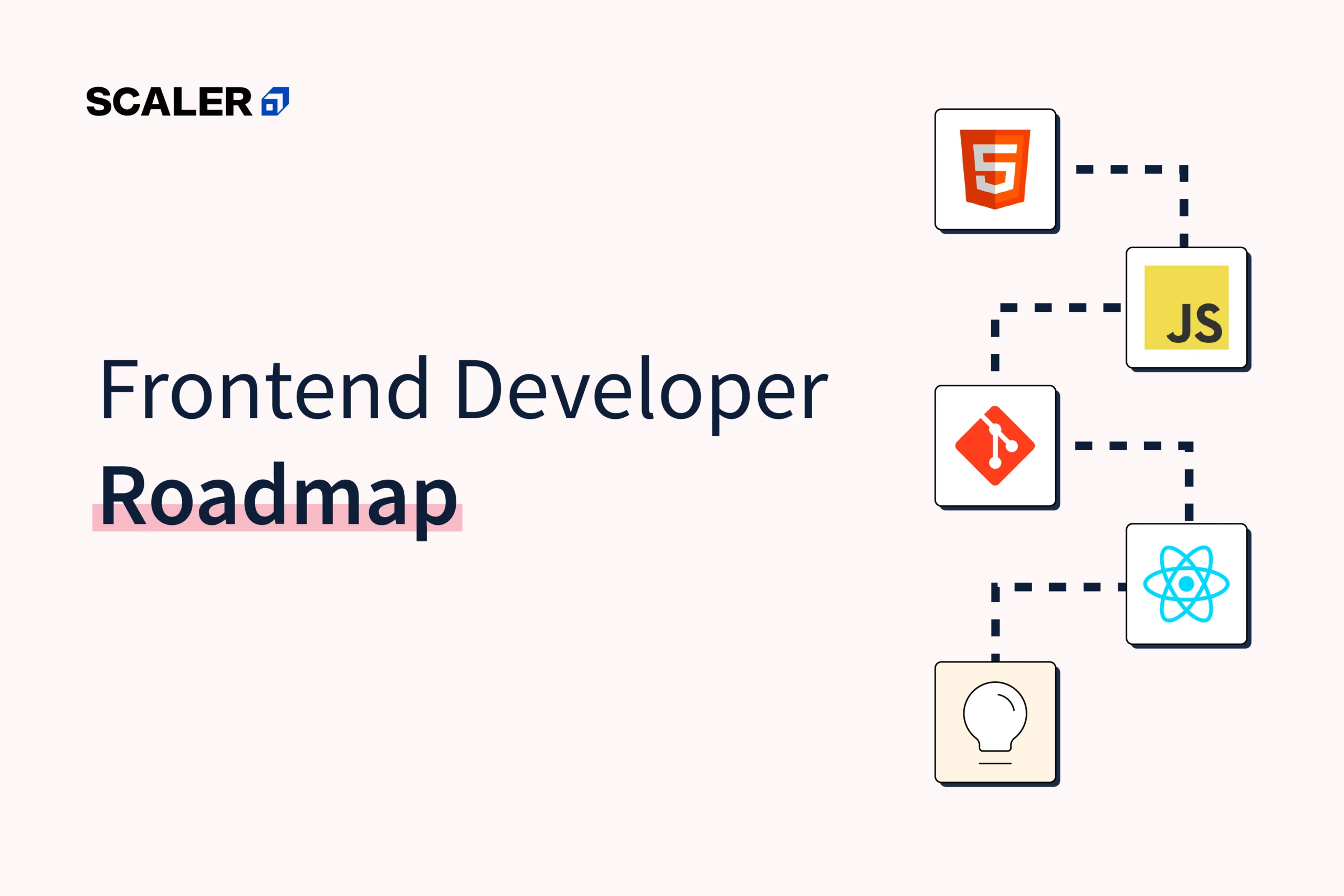From Beginner to Developer: A Roadmap for Coding Career Success
Learn the step-by-step journey from coding novice to professional developer, including skills to master and milestones to achieve.

Starting a career in web development can feel overwhelming with the vast array of technologies and learning paths available. This comprehensive roadmap breaks down the journey into manageable stages, helping you progress from complete beginner to job-ready developer.
Phase 1: Foundation Building (Weeks 1-4)
Every successful developer starts with a solid foundation. This initial phase focuses on understanding core web technologies and programming concepts.
Master HTML5 and CSS3
Learn semantic HTML, forms, accessibility, CSS Flexbox, Grid, and responsive design principles. Build simple static websites to practice.
<!-- Example semantic HTML structure -->
<header>
<nav>
<ul>
<li><a href="#home">Home</a></li>
<li><a href="#about">About</a></li>
</ul>
</nav>
</header>
<main>
<section id="hero">
<h1>Welcome to My Site</h1>
</section>
</main>Learn JavaScript Fundamentals
Understand variables, data types, functions, conditionals, loops, and basic DOM manipulation. Create interactive web elements.
// Basic DOM manipulation example
const button = document.getElementById('myButton');
const output = document.getElementById('output');
button.addEventListener('click', () => {
output.textContent = 'Button clicked!';
output.classList.add('highlight');
});Phase 2: Frontend Development (Weeks 5-12)
With the basics mastered, you'll now dive into modern frontend development, learning tools and frameworks that make you employable.
Deepen JavaScript Knowledge
Master ES6+ features, asynchronous JavaScript, APIs, and modern development tools. Understand concepts like promises, async/await, and fetch API.
// Async/await example
async function getUserData(userId) {
try {
const response = await fetch(`https://api.example.com/users/${userId}`);
const data = await response.json();
return data;
} catch (error) {
console.error('Error fetching user data:', error);
}
}Choose a Frontend Framework
Learn React, Vue, or Angular. Understand components, state management, routing, and hooks (if learning React). Build several practice projects.
// React component example
import React, { useState } from 'react';
function Counter() {
const [count, setCount] = useState(0);
return (
<div>
<p>Count: {count}</p>
<button onClick={() => setCount(count + 1)}>
Increment
</button>
</div>
);
}
export default Counter;Master Build Tools and Version Control
Learn Git for version control, Webpack or Vite for bundling, and npm/yarn for package management. Understand the development workflow.
Phase 3: Backend Development (Weeks 13-20)
A full-stack developer needs backend knowledge. This phase introduces server-side programming, databases, and API development.
Learn Node.js and Express
Understand server fundamentals, RESTful API design, middleware, authentication, and working with databases.
// Basic Express server
const express = require('express');
const app = express();
const port = 3000;
app.get('/api/users', (req, res) => {
res.json([{ id: 1, name: 'John' }, { id: 2, name: 'Jane' }]);
});
app.listen(port, () => {
console.log(`Server running on http://localhost:${port}`);
});Database Fundamentals
Learn both SQL (PostgreSQL, MySQL) and NoSQL (MongoDB) databases. Understand database design, queries, and ORMs.
Implement Authentication
Learn about JWT, OAuth, sessions, and secure password handling. Implement authentication in your applications.
Phase 4: Advanced Topics & Specialization (Weeks 21-28)
With full-stack fundamentals in place, you can now explore advanced topics and begin to specialize based on your interests.
Learn Testing Methodologies
Understand unit testing, integration testing, and end-to-end testing. Learn testing frameworks like Jest, Cypress, or React Testing Library.
Deployment and DevOps Basics
Learn about CI/CD, Docker, cloud platforms (AWS, Heroku, Vercel), and server management. Deploy your applications.
Choose a Specialization Path
Based on your interests, dive deeper into frontend, backend, mobile development, or DevOps. Consider learning TypeScript, GraphQL, or cloud certifications.
Phase 5: Career Preparation (Ongoing)
Technical skills alone aren't enough to land a developer job. This phase focuses on portfolio development and job search strategies.
Build a Strong Portfolio
Create 3-5 substantial projects that demonstrate your skills. Include a variety of project types (CRUD apps, APIs, frontend projects).
- E-commerce website with payment integration
- Social media application with real-time features
- Task management tool with drag-and-drop functionality
- API with authentication and database integration
Network and Community Engagement
Attend meetups, contribute to open source, engage on developer platforms like GitHub and Stack Overflow, and build your online presence.
Prepare for Interviews
Practice algorithm challenges, system design questions, and behavioral interviews. Prepare your resume, LinkedIn profile, and portfolio website.
Essential Soft Skills for Developers
Technical skills get your foot in the door, but soft skills advance your career. Focus on developing these essential non-technical abilities:
- Problem-solving - Break down complex problems into manageable parts
- Communication - Explain technical concepts to non-technical stakeholders
- Collaboration - Work effectively in team environments using Agile methodologies
- Continuous learning - Stay updated with rapidly evolving technologies
- Time management - Meet deadlines and manage multiple projects
"The most successful developers aren't necessarily the ones who know the most technologies, but those who can learn quickly, adapt to change, and solve real-world problems effectively."
Staying Motivated Through the Journey
Learning to code is a marathon, not a sprint. Here are strategies to maintain motivation:
- Set specific, achievable goals - Break your learning into small milestones
- Build projects you care about - Work on ideas that excite you
- Join a community - Find study partners or join coding groups
- Embrace the struggle - Understand that frustration is part of the learning process
- Celebrate small wins - Acknowledge your progress regularly
Conclusion
The journey from beginner to professional developer is challenging but incredibly rewarding. By following this roadmap, focusing on both technical and soft skills, and maintaining consistent effort, you can build a successful career in web development.
Remember that everyone's path is different—what matters most is consistent progress, not perfection. At WBS Coding School, we've guided thousands of students through this journey with our structured curriculum and career support.
The tech industry offers diverse opportunities for those willing to learn and adapt. Start where you are, use what you have, and do what you can—your coding career begins with that first line of code.
